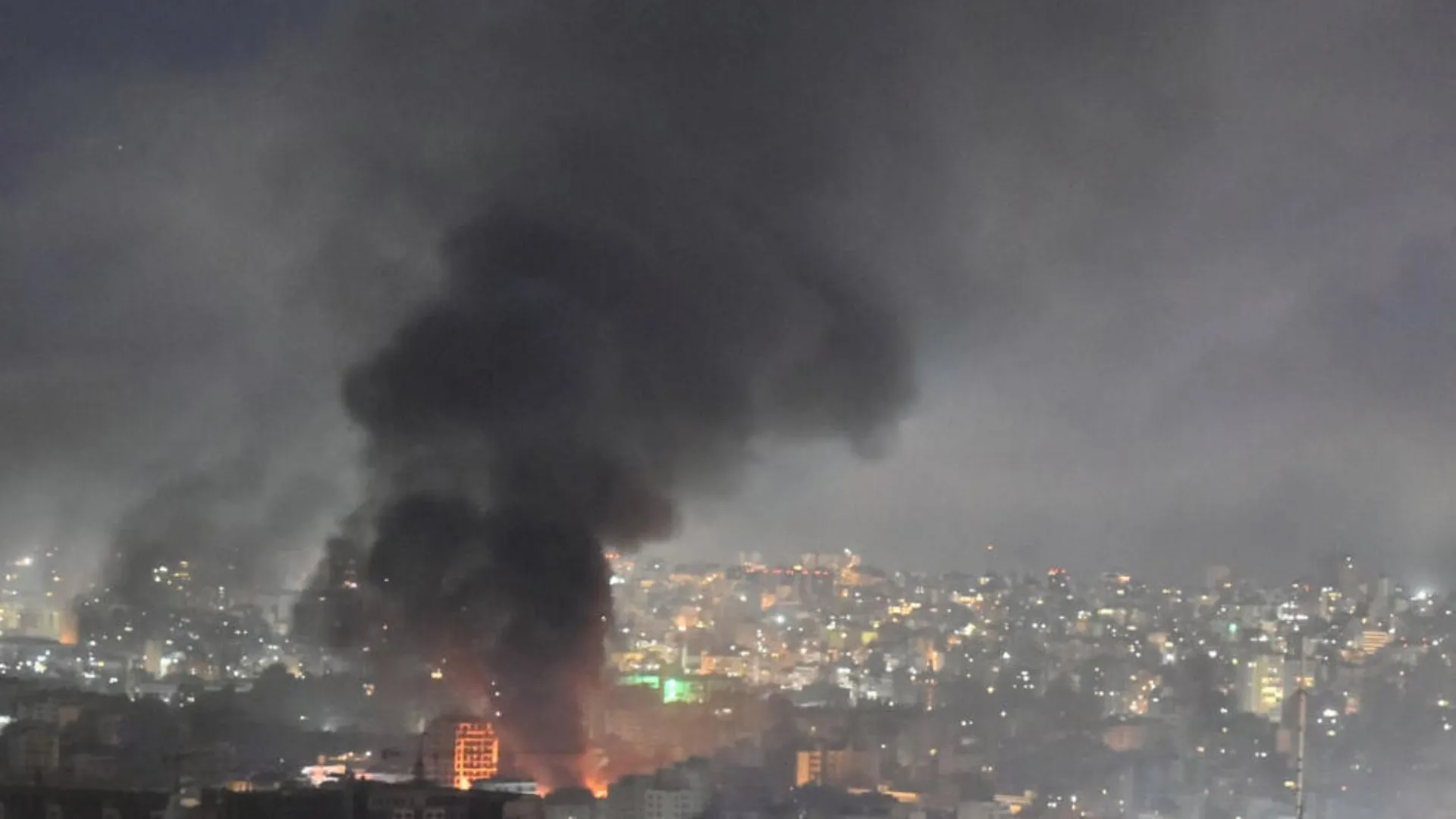In a dramatic escalation of conflict, Israeli air strikes targeted central Beirut in the early hours of Thursday, leading to at least six fatalities and several injuries. This strike follows a particularly deadly day for Israeli forces on the Lebanese front.
Major Strike in Central Beirut
The Israeli military reported that the operation aimed to conduct a precise strike on a building in the Bachoura neighborhood, close to the Lebanese parliament. Witnesses described hearing a massive explosion, with local health officials confirming six deaths and seven injuries. Images circulating on social media showed significant damage to the targeted building.
Ongoing Conflict and Ground Engagements
This strike comes on the heels of escalating tensions, with Israel reporting eight soldiers killed in ground combat in southern Lebanon. As part of its military operations, Israel has deployed infantry and armored units, leading to fears of a wider conflict in the region.
Hezbollah’s Response
Hezbollah announced that its fighters engaged Israeli forces inside Lebanon, claiming to have destroyed three Israeli tanks. The group stated that these confrontations mark only the beginning of their resistance against Israeli incursions.
International Reactions and Warnings
Israeli Prime Minister Benjamin Netanyahu described the conflict as part of a broader struggle against what he termed Iran’s “Axis of Evil.” Meanwhile, U.S. President Joe Biden called for proportionality in Israel’s response and rejected support for strikes on Iran’s nuclear sites.
Humanitarian Crisis Deepens
The conflict has triggered a humanitarian crisis, with Lebanese health officials reporting over 1,900 deaths and more than 9,000 injuries due to nearly a year of hostilities. Caretaker Prime Minister Najib Mikati revealed that approximately 1.2 million Lebanese have been displaced by the ongoing violence.
Evacuation Orders Issued
In light of the escalating violence, new evacuation orders have been issued for numerous towns along the southern border, advising residents to relocate north of the Awali River. The continued conflict poses significant risks to civilians, with many seeking refuge in makeshift shelters and churches.
As tensions remain high, the international community is watching closely, with calls for a diplomatic resolution to avoid further escalation in the already volatile region.
(INCLUDES INPUTS FROM ONLINE SOURCES)
ALSO READ: Biden Opposes Strikes On Iran’s Nuclear Sites Amid Rising Tensions





















